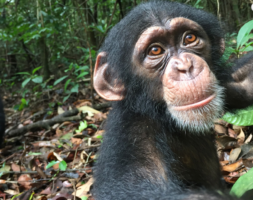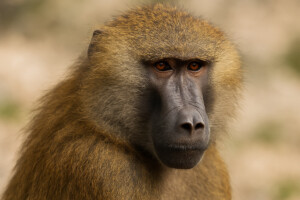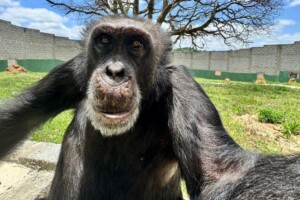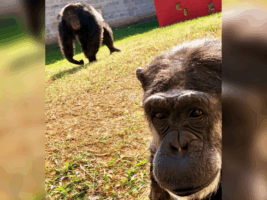Circus law goes to plenary in Brazil
posted in
18
Nov
2009

DEPUTIES CHAMBER, BRASILIA, BRAZIL
November 17th was another historical day for the fight against the use of animals in circus in Brazil. Justice and Citizenship Commission of the Federal Deputies Chamber approved the report by Deputy Ricardo Tripoli (PSDB-SP), who had been in charge for the voting of the law proposal 7291/06, and now it is going to be analyzed in a plenary of the house with high priority.
The moment in which there won’t be any more animals in circus in Brazil is close. And it will be an example to the world, which still insists in using animals as entertainment, submitting them to the most absurd conditions, so they can be conditioned to be exploited.
Deputy Ricardo Tripoli told he is satisfied with the fully approval of his report and added: “The approval of our report represents an evolution in Brazilian legislation, mainly to animal defense.”

 Español
Español
 Português
Português








